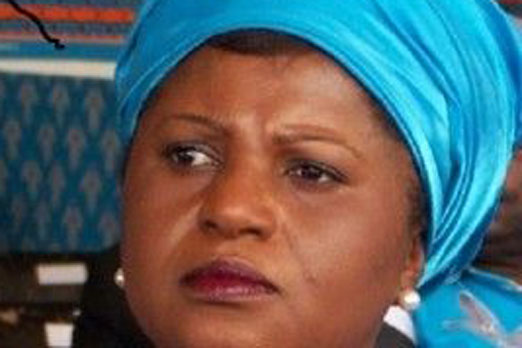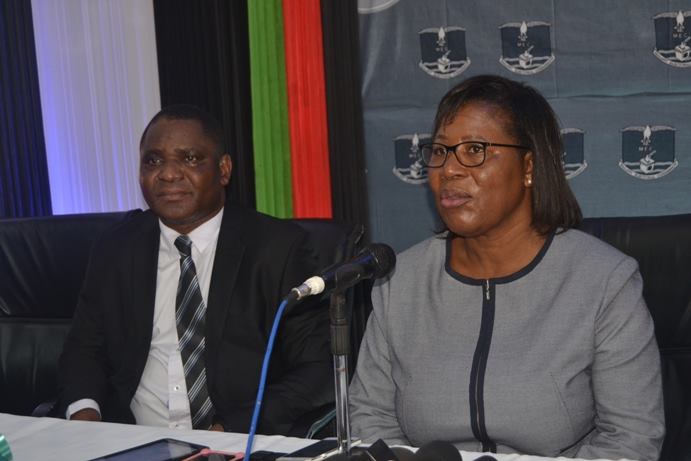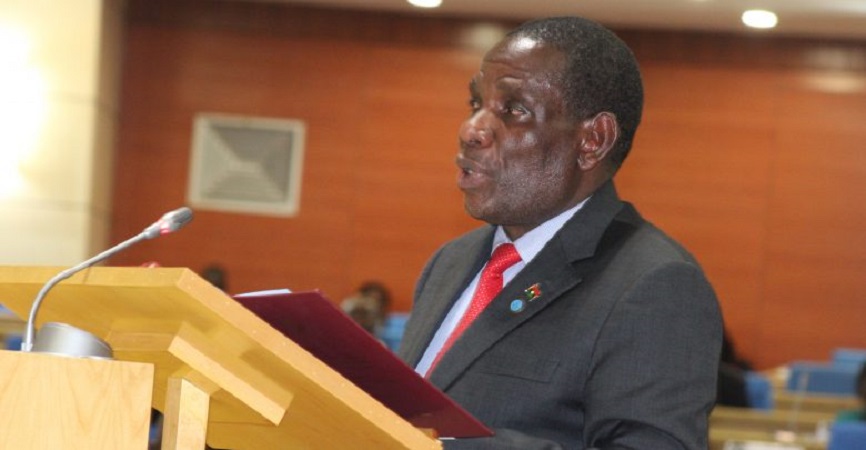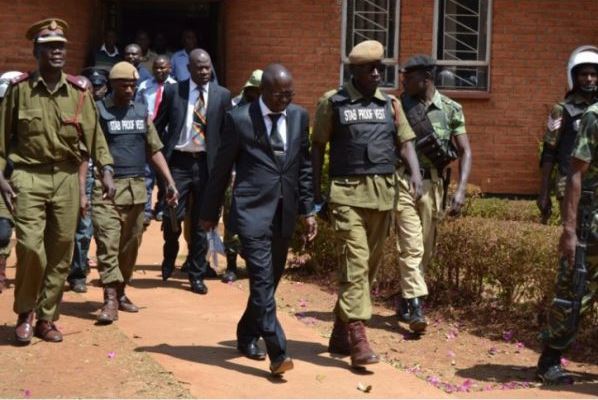Former first lady Callista Mutharika can temporarily stay at Bingu wa Mutharika’s opulent Casa Blanca Manor at Ndata in Thyolo until November 22, 2012 when the High Court will sit to determine whether she is entitled to the residence as she claims or not.
The High Court in Blantyre yesterday failed to hear the case on whether to vacate the injunction which she obtained restraining Mutharika’s children—Madaliso, Tapiwa and Duwa from evicting her from the residence which she says is her matrimonial home.
Lawyer for the children under Bineth Trust, Alfred Majamanda said in an interview yesterday that the inter-parte hearing on the injunction could not take place because lawyers for Callista asked for an adjournment to allow them time to go through affidavits and skeleton arguments.
“Justice [Joseph] Manyungwa has set the date of 22 November for the inter-parte hearing,” said Majamanda.
The former first lady is arguing that she cannot move out of the residence because it is a matrimonial home she helped with building, supervision, interior design and decoration whilst the children say she should move out of the house which they say belongs to Bineth Trust and her prolonged stay in the residence is against the Trust’s objectives.
Seodi White, national coordinator for Women and Law in Southern Africa Trust (Wilsa) Malawi, who is a law expert in wills and inheritance has described as erroneous former president Mutharika’s decision to place his matrimonial home under a trust, a situation which she said will complicate the distribution of his property, six months after his sud¬den death.
In an interview, White said by placing the house under a trust, the residence is solely under the children who are the trustees but said the courts will determine the matter.
“But if say Bingu and Callista were divorced, what would have been at stake is the matrimonial home because that is the property that they jointly owned. In most cases as has been decided by the courts, the matrimonial home, where the couple resided and called home, is deemed to belong to both husband and wife. Of course, the courts remain divided over that,” she said.
White said Mutharika could have told Callista way back that the matrimonial home was turned into a trust with duly registered trustees—his three children.
White said the legal battle currently in the courts over the property of the former head of state would not help matters.
“My advice is that they should sit down instead of having this bloody war which no one will win except the public which is cheering them on, courage is about coming to the table and negotiate, courage is about rising above petty family issues and looking at the bigger picture,” she said.
She said as a family, they will one day need each other therefore the legal battles will not help.
The Deceased Estates (Wills, Inheritance and Protection) Act, 2011 states as follows:
Persons entitled to inherit where there is no will are the mem¬bers of the immediate family and the dependants of the deceased.
The law defines a dependent in relation to a deceased person as a person other than a member of the immediate family, who was maintained by that deceased person immediately prior to his or her death and who was his or her parent or a minor whose education was being provided for by that deceased person, who is not capable, wholly or in part of maintaining himself and herself. Immediate family in relation to any person means a person’s spouse and children.
In this respect the law says that protection from hardship shall be provided for members of the immediate family and dependants in so far as the property left for distribution can offer such protection.
Every spouse of the intestate (where there is no will) shall be entitled to retain all the household belongings which belong to his or her household. Any remaining property shall be divided between the surviving spouse, the children and the parents of the deceased person if they are still alive.
Between the surviving spouse or spouses and the children of the intestate their shares shall be determined in accordance with all the special circumstances including; (a) any wishes expressed by the intes-tate in the presence of reliable witnesses, (b) such assistance by way of education or other basic necessities any of the spouses or children may have received from the intestate during his or her lifetime (c) any contribution made by the spouse of the children of the intestate to the value of any business or other property forming part of the estate of the intestate and in this regard the surviving spouse shall be considered to have contributed to the business unless proof to the contrary is shown by or on behalf of the child.
In the absence of these special circumstances the spouses and the children shall be entitled to equal shares.





No comments! Be the first commenter?